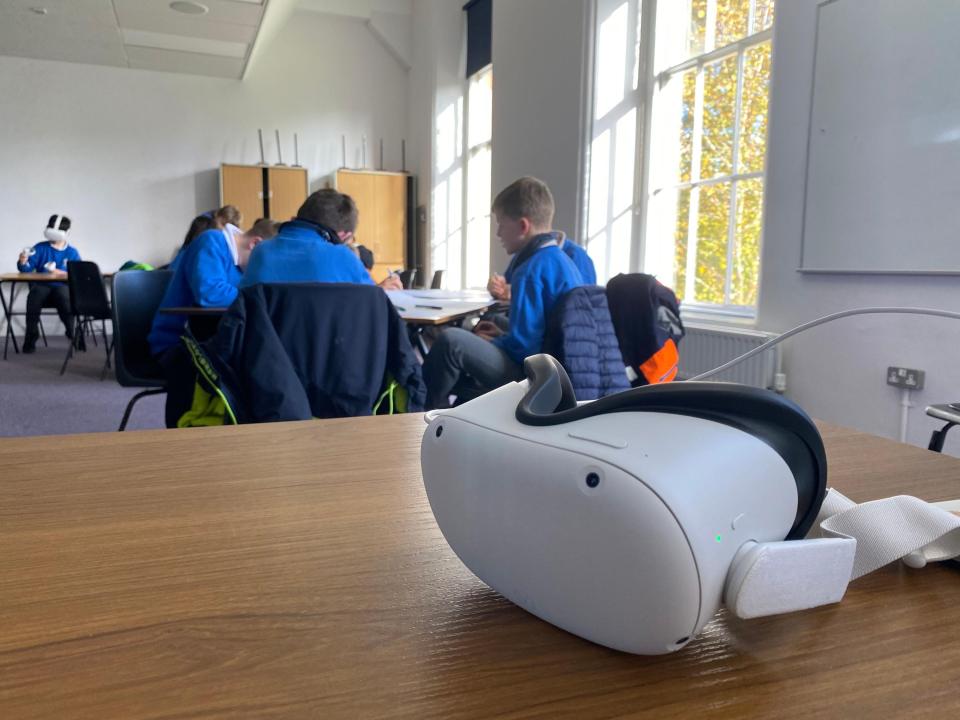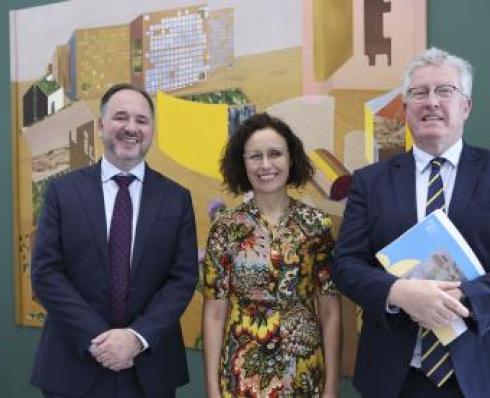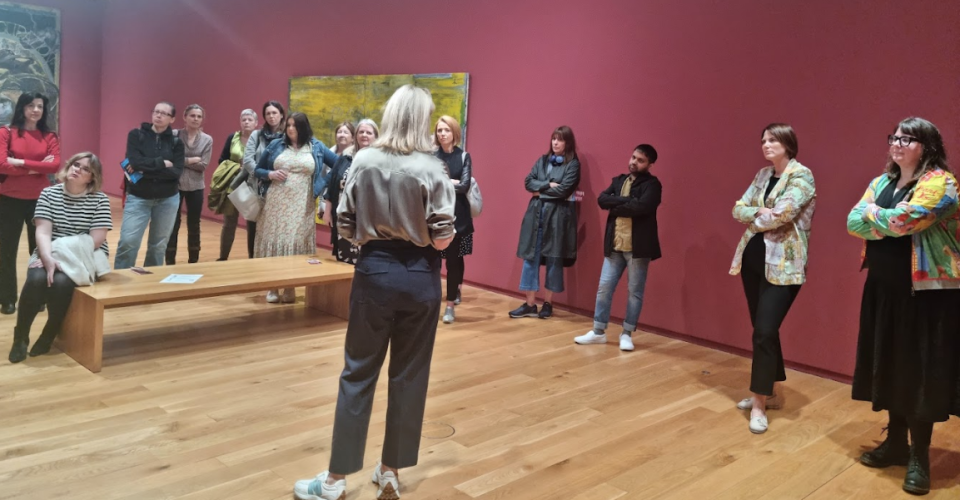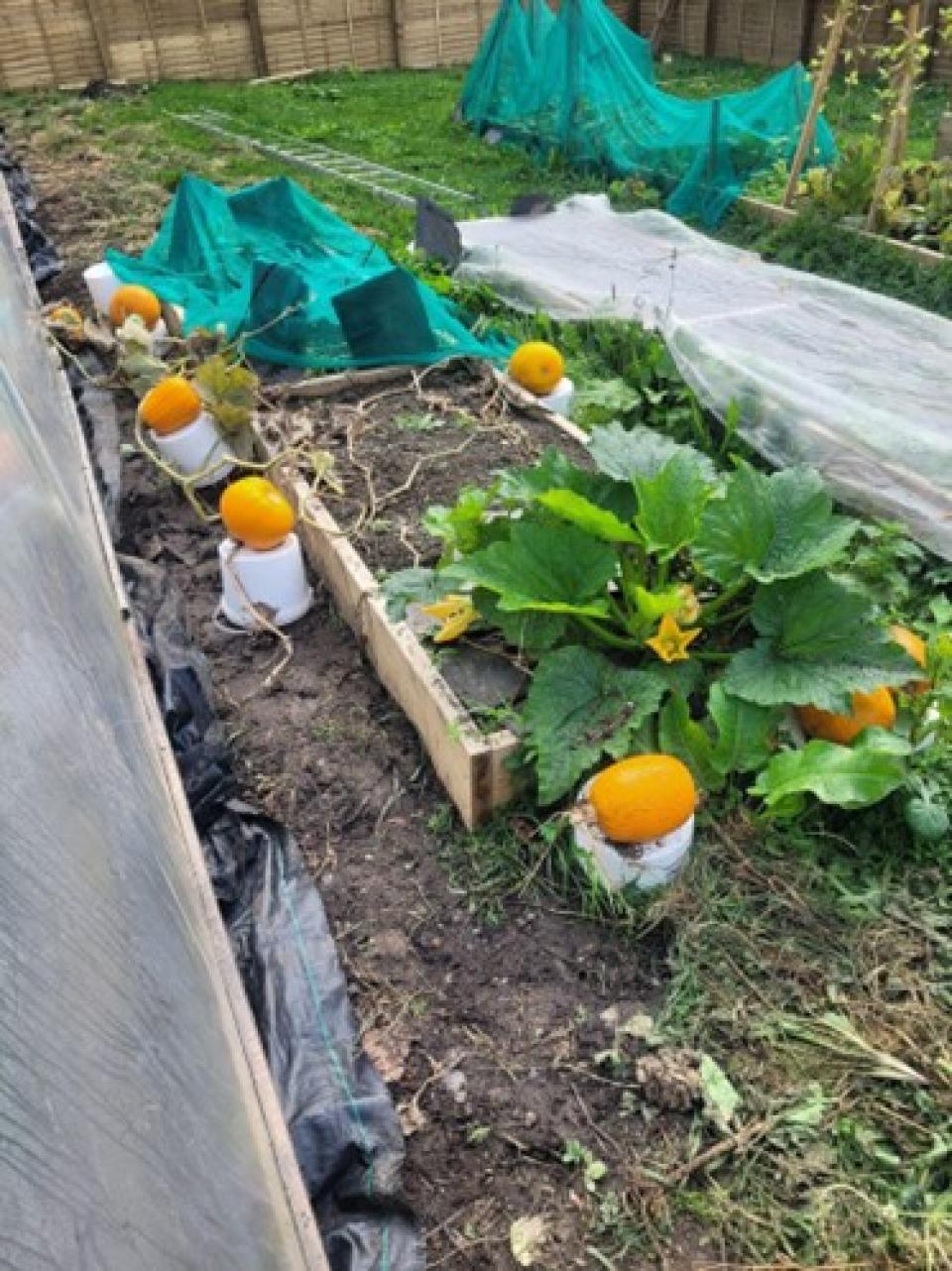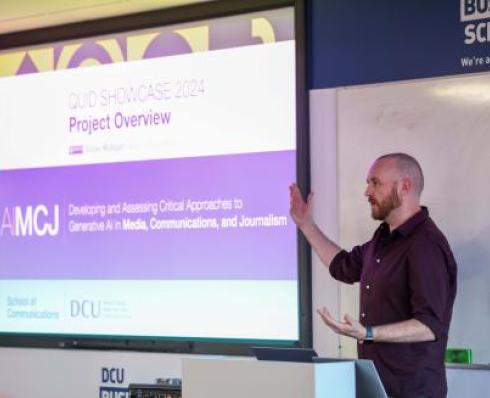
Quality Improvement and Development Funding (QuID)
Established in 2012, the DCU Quality Improvement and Development Fund (QuID) is an open funding call to support community-led quality enhancement initiatives across the University that will impact our staff, students and stakeholders.
The call is open to academic and professional staff (permanent, part-time and contract staff are invited to apply). The call embraces Collective Leadership as a core principle, recognising that staff from across all areas, grades and professions can be empowered to identify opportunities for improvement, pursue new ideas and effect change. Whilst we encourage the involvement of students, please note that staff members must make and oversee each submission and project.
A limited amount of funding is made available annually and each year, the Quality Promotion Committee selects a theme for the call. For details on this year's theme and further information on the application process, please see details in the below sections.
The Quality and Institutional Insights Office was thrilled to host our inaugural QuID Funding Showcase Event in December 2024. This milestone gathering celebrated the achievements of DCU’s Quality Improvement and Development Fund (QuID). Attendees enjoyed insightful presentations from the 2024 QuID funding recipients, highlighting the innovative outcomes and impacts of their AI-focused projects. Here is a link to some of the AI-focused projects.
QuID Funding Call 2025
Fostering Global Engagement
We are now accepting applications for the 2025 QuID Funding Call. Details of the call and how to apply can be found here.
When will the next call launch, and will a decision be made?
The call will be announced on 24 February 2025.
A decision will be communicated to each applicant on or before 25 April 2025.
Who can apply for funding?
Applications are welcome from all members of the DCU staff community across all of our campuses, including part-time and contract staff. Whilst we encourage the involvement of students, please note that staff members must make and oversee submissions.
It is important to note that this is a competitive process, supported by a limited budget. It is anticipated that the budget for 2025/26 project will be €30,000; projects should be costed, and no individual proposal should exceed €5,000.
What sort of projects might receive support?
The primary objective of this initiative is to provide funding to specific projects that will contribute to quality enhancements in the University. Projects must be aligned to the selected theme for that year.
QuID funding in 2025 is limited to projects which can be initiated and completed by the given time frame. Therefore, all expenses should be completed by the end of March 2026
Funds cannot be used to fund short-term contracts of employment.
Who reviews the QuID proposals?
A sub-committee of the Quality Promotion Committee (QPC) will assess the applications and approve successful projects. The sub-committee will be chaired by the Director of Quality and Institutional Research. An additional member of staff, with expertise aligned to the selected theme, may be invited to join the sub-committee by the Chairperson.
QPC Membership is available here: http://www.dcu.ie/qpo/qpc_structure.shtml
Can I use my QuID Funding to recruit and pay DCU staff members?
QuID funding cannot be used to hire and employ DCU staff. This is due to both the tight timescale for the projects and the administrative burden of additional or new employment contracts to complete projects.
What happens if I am successful?
The successful applicants should complete their project by the end of March 2026. The QuID funding will be provided to the relevant Head's budget code on receipt of paid invoices or equivalent by the date of project completion.
Successful applicants are required to submit an interim report midway through the project and a completion report once the project has been completed. Completion reports will be published on the QPO website.
How is the project funded?
All monies awarded for the project must be claimed in one payment before the end of March 2026. Purchase of goods or services should be paid using the school/area budget code of the nominated Head in the project proposal. Once the project is completed proof of payment in the form of receipts or paid invoices must be provided to: Fiona Dwyer from the Quality and Institutional Insights Office so that an internal transfer of funds from the requested budget code can be transferred.
Successful QUID Projects for 2024
Successful QUID Projects for 2023
Successful QUID Projects for 2022
Successful QUID Projects in 2021
Successful QUID Projects in 2020
Successful QUID Projects in 2019
Successful QUID Projects in 2018
Successful QUID Projects in 2017
Successful QUID Projects in 2015
Successful QUID Projects in 2014



